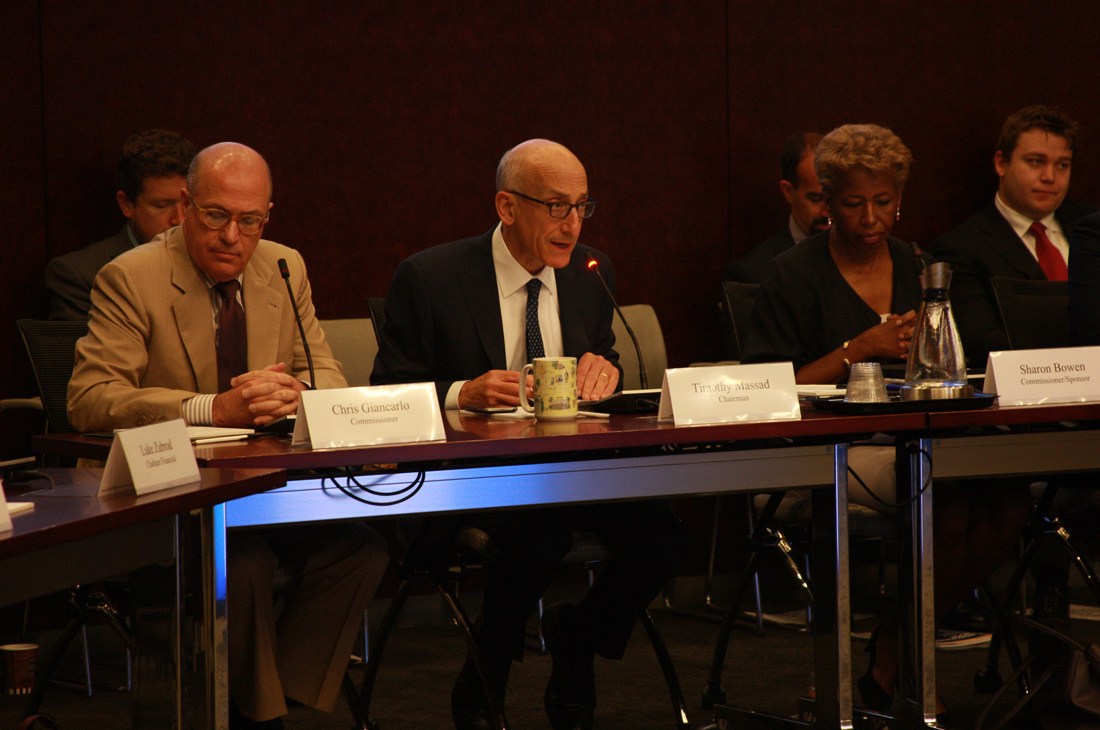WASHINGTON — The U.S. futures regulator has tightened market monitoring after Britain’s vote to leave the European Union, aiming to assure the derivatives and futures markets keep functioning in an orderly manner, the head of the agency said Monday.
The U.S. Commodity Futures Trading Commission, overseeing the more than $400 trillion futures and swaps markets, is closely watching commodity price movements to prevent the markets from spiraling out of control, said CFTC Chairman Timothy Massad said during a break at Monday’s meeting. The commission is also keeping an eye on margin levels and risk positions at clearinghouses.
“The U.K. authorities and the EU will be spending time figuring out the implications of this vote, and that may limit the time and energy they have for some other things, but I don’t foresee it changing the overall path,” Massad added.
Massad also praised the work of Britain’s European Union Commissioner Jonathan Hill, overseeing the bloc’s banking and finance market. Massad will be working with Hill’s successor, since the British official said Saturday he would resign after siding with the unsuccessful campaign to keep Britain in the EU.
The CFTC session was called to map strategy for coping with possible clearinghouse defaults.
Clearinghouses are entities responsible for facilitating futures trades and preventing market-wide collapses by ensuring either party in a futures or swap transaction gets paid if the other side falters.
At the meeting Monday, regulators and market participants discussed ways to enhance coordination in the event of a clearinghouse default. Those recommendations include joint default management drills and standardizing auction processes.
Photo at top: CFTC Chairman Timothy Massad, center, speaks at the Monday commission meeting. (Harvard Zhang/MEDILL NEWS SERVICE)


